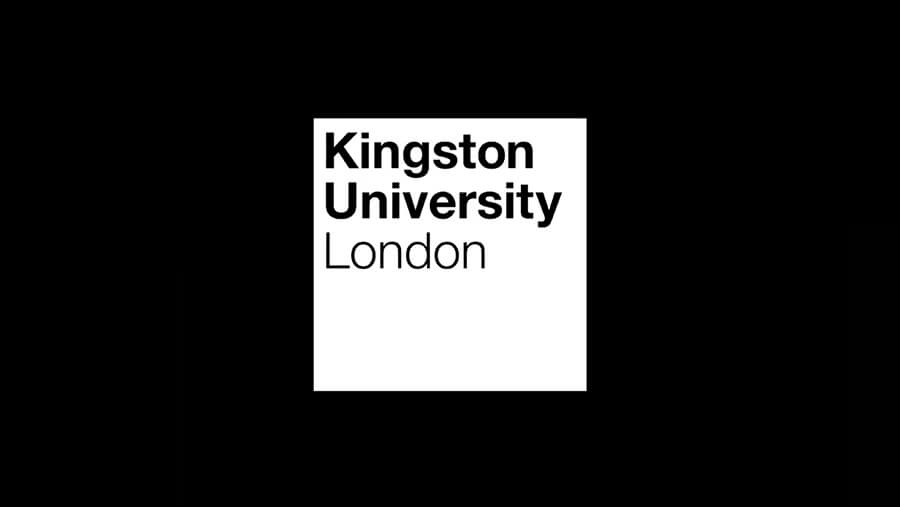Forensic Science (Analysis) examines the latest analytical, spectroscopic, and separation techniques used in case studies, such as Liquid Chromatography-Tandem Mass Spectrometry (LCMS/ MS) and Inductively-Coupled Plasma Mass Spectrometry (ICPMS). You will learn to investigate and analyze drugs of abuse, fibers, and firearms, and conduct fire and explosive investigations. Forensic Science (Toxicology) offers in-depth training in pharmacology and analytical chemistry. You will study the biological effects and therapeutic uses of drugs, focusing on criminal and road traffic toxicology, and on drug testing, in sports Many of our staff have worked as forensic scientists or as expert witnesses and are actively engaged in researchKingston University has its own scene-of-crime house located on site. This is used to recreate crime scenes and enables you to put your investigative skills into practice. The property's garden is used by the forensic team's archaeologist for field investigations. Lecturers on the course have wide experience in the forensics sector. Many have worked either as forensic scientists or as expert witnesses. They are also actively engaged in forensic research and are supported by visiting speakers from leading forensic consultancies.
Reasons to choose Kingston University
- These courses offer hands-on experience with state-of-the-art analytical and forensic equipment.
- You will gain practical experience through recreated crime scenes at the University's own scene-of-crime house, and through presenting evidence at a mock trial at a crown court.
- The opportunity to carry out a research project in the industry (depending on availability) or in our extensive laboratories.














